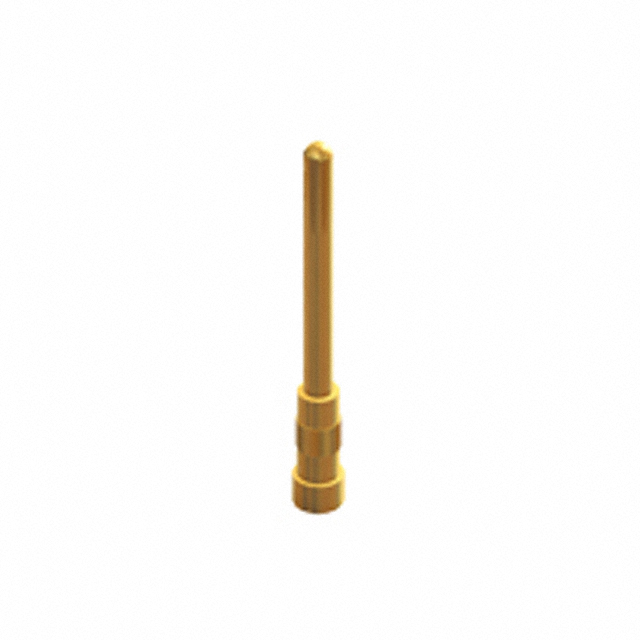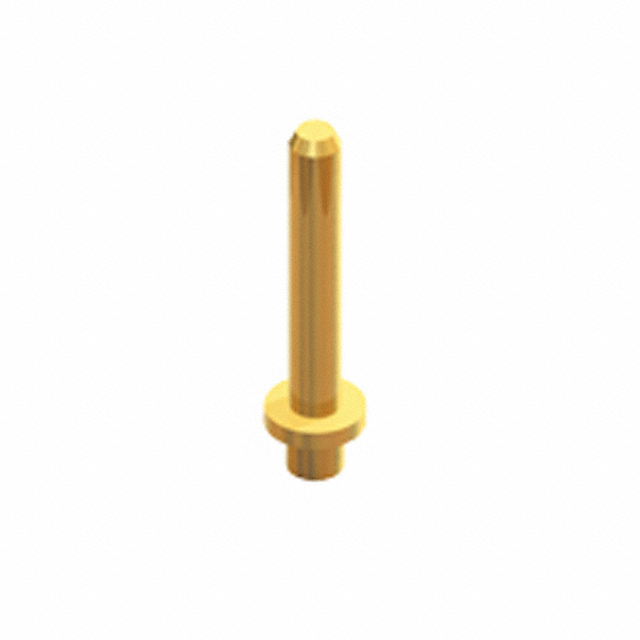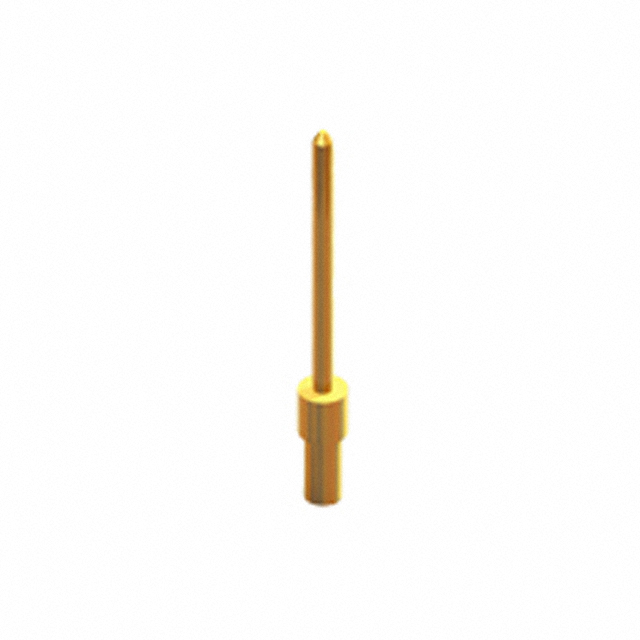tps7a3301rgwt
Introducing the TPS7A3301RGWT, a high-performance, low-dropout (LDO) voltage regulator from Texas Instruments. This versatile regulator is designed to provide a highly stable and reliable power supply in a wide range of applications, including industrial, automotive, and consumer electronics. The TPS7A3301RGWT offers a fixed output voltage of 3.3V with a 1A continuous output current capability, making it an ideal choice for powering sensitive and noise-sensitive systems. With a low quiescent current and excellent load and line transient response, this regulator is able to deliver clean and consistent power to your critical components. It also features thermal shutdown and current limit protection, ensuring the safety and longevity of your system. The TPS7A3301RGWT comes in a space-saving, thermally-enhanced 5-pin package, making it easy to integrate into your design. With its exceptional performance and reliability, this voltage regulator is the perfect choice for your power management needs.









